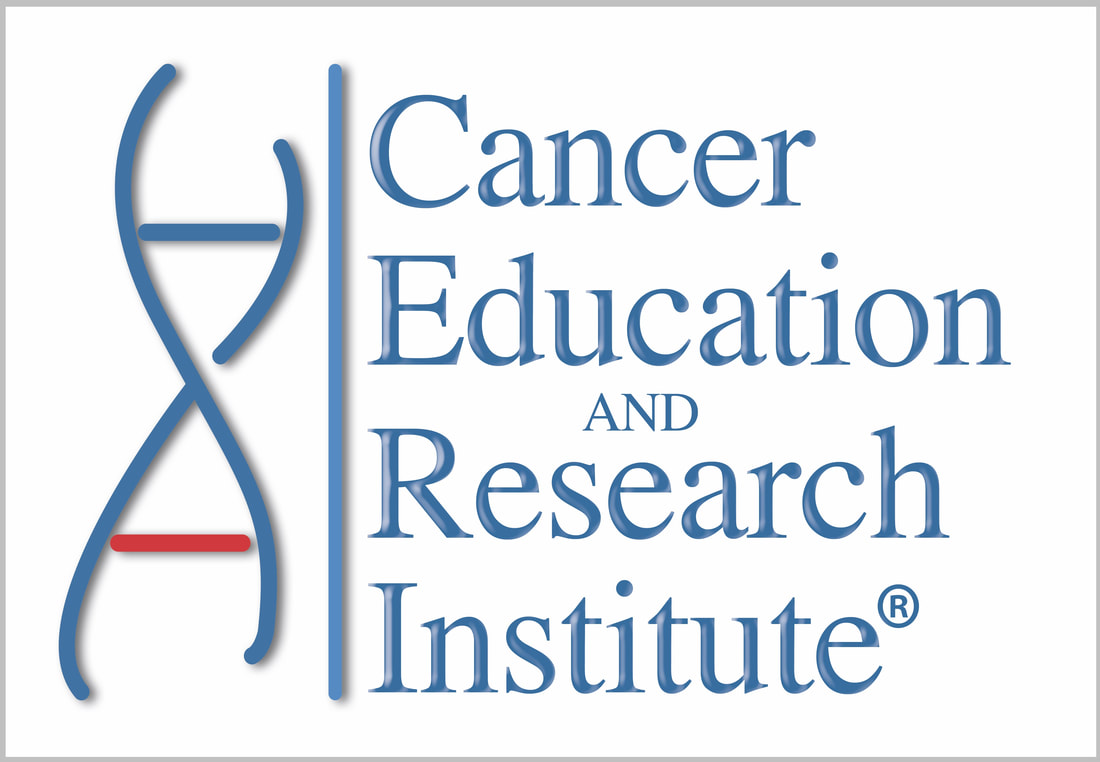The new drug, called Entinostat, is specifically designed for advanced breast cancer patients who have locally recurrent or metastatic estrogen receptor-positive (which we call ER+) breast cancer. The drug will be used in a Phase III trial tests in combination with Exemestane (trade name Aromasin) which is a drug used to treat breast cancer.
Entinostat's epigenetic mechanism (genetic and cellular changes that is causes by other mechanisms than changes in the DNA) may reverse resistance to hormonal therapy. This, in return, may delay the need for toxic chemotherapeutic agents and improve survival in combination with with aromatase inhibitors (such as Exemestane).
About Entinostat: An oral, novel inhibitor of class I histone deacetylases, which are important proteins that help control gene expression. Gene expression is dysregulated in cancer cells. Entinostat can normalize such dysregulation in cancer, and help cancer cells' sensitivity to targeted therapies. (Cancer cells are often resistant to therapies/drugs).
About Exemestane: A drug for breast cancer treatment. This drug is an inhibitor of the protein called aromatase. Aromatase produces estrogen. Some breast cancer types require estrogen to grow. Estrogen binds to the estrogen receptors (ER). Those cancers that have estrogen receptors (ER) are called ER positive (or ER+). Aromatase blockers, such as Exemestane, are used to treat ER+ breast cancers by inhibiting its production of estrogen.
We hope that this background information was useful to you. Now, we hope that the following article would be easier to understand. #cancersimplified © Cancer Research Simplified, Inc. #breastcancer #Entinostat #Exemestane#Syndax
http://www.sacbee.com/2013/09/11/5726174/syndaxs-entinostat-receives-breakthrough.html










